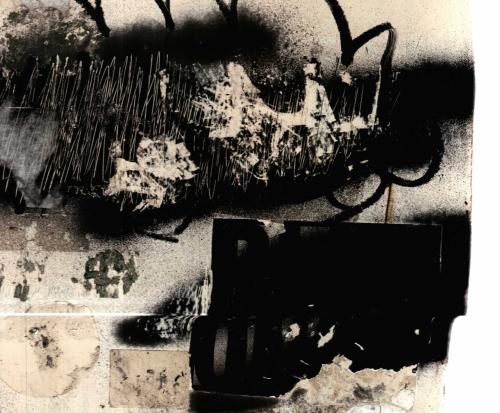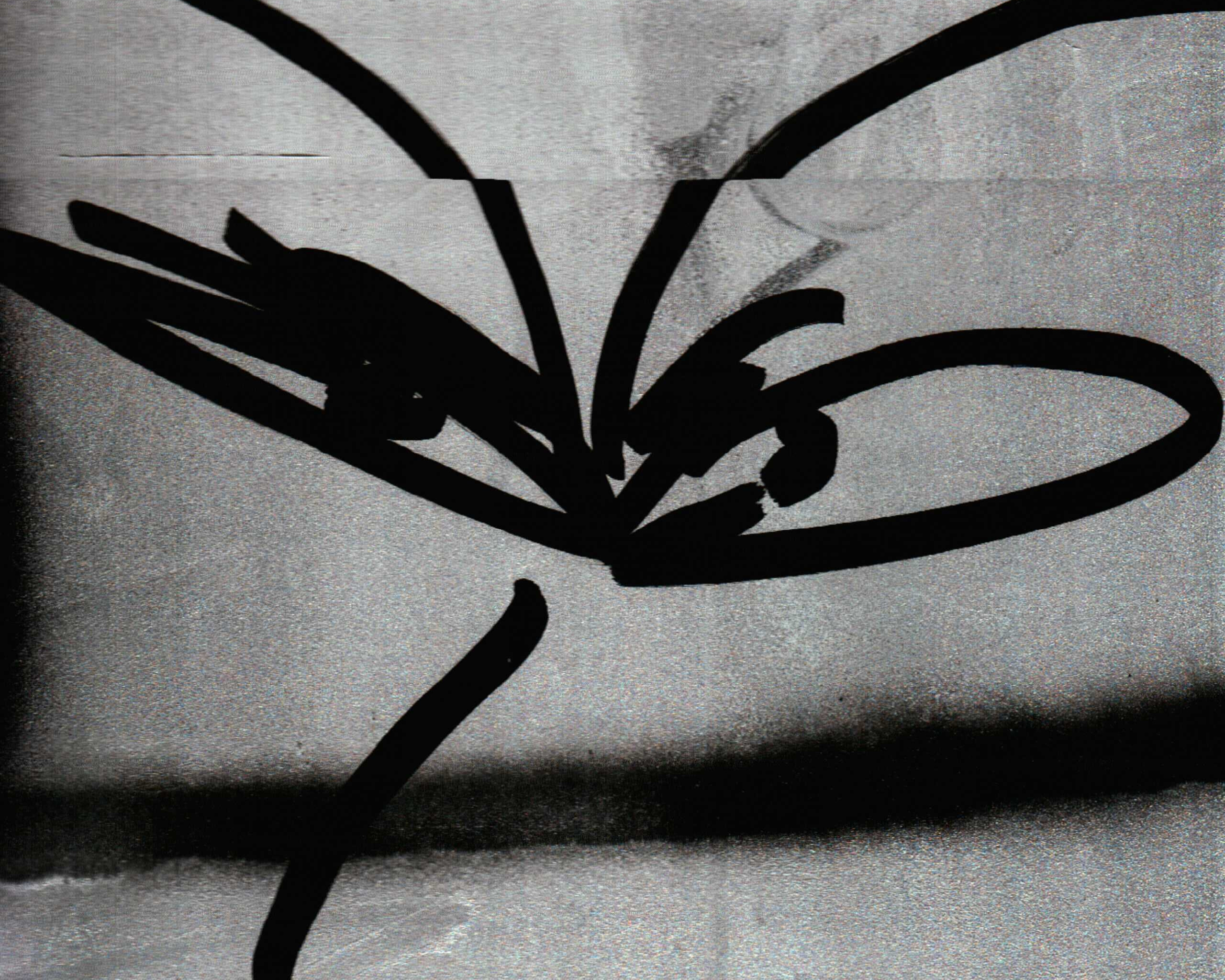
My connection to the land in Japan has always been shaped by my family. From my childhood spent in Fukushima and Gunma, visiting my grandparents in Osaka, to traveling the island with my family, Japan has always felt like a home I return to—intentionally and fleetingly. Each visit, whether short or long, was grounded in the desire to reconnect, knowing my time there was limited.
However, when I arrived in Tokyo, that longing for connection shifted. My grandparents’ house was no longer a tangible anchor to return to after their passing, my uncle struggled to get time off work at the factory, and my family was now separated by an ocean. The foundation of my connection to Japan was no longer built on others but on myself. It was empowering yet unfamiliar territory.

This wasn’t the first time I had experienced such a shift—having moved between Malaysia, Japan, and the US as a child, I learned early to navigate the complexity of multiple places. After my family finally settled in Arizona for the sake of a stable education, I spent ten years feeling confined by the desert. When I left for college in Washington, DC, I was ready for a fresh start, one with minimal support systems, and the experience of returning to a place where I had roots but was now alone felt distinct.

When I first arrived, I was surrounded by international students eager to experience "the best" of the city, often in a detached, consumer-driven way. Many were lured by the cheap yen, exploring crowded tourist spots without developing a deeper understanding of the culture or history behind them. To me, this kind of experience felt hollow, emblematic of a commodification of culture driven by hyper-capitalism. I couldn’t ignore the irony of tourism transforming spaces and traditions into consumable products for transient visitors. It wasn’t just about the economic exchange—it was about the loss of deeper connections to the places people were experiencing. I found myself seeking something different: experiences that fostered genuine relationships, not just with people but with the spaces I inhabited.

I actively resisted participating in tourism that contributed to gentrification and the erasure of local cultures, instead engaging in local experiences and critical discussions about the consequences of over-tourism—issues like xenophobia, exploitation, and cultural preservation. This realization was often accompanied by the exhaustion of performing invisible labor—such as translating or being expected to serve as a guide in places that were not even of my prefecture.

Amidst this, I found a way to interact with Tokyo’s urban environment that felt more authentic to my evolving sense of connection—through graffiti and street art. What started as a curiosity became a central part of my exploration. In a society that often prioritizes order and cleanliness over expression, graffiti provides a raw and unfiltered form of cultural commentary. By documenting this art, I felt a deeper connection to the city—one that went beyond the surface-level attraction of tourist spots. Each piece of street art I encountered reflected the desires, frustrations, and creativity of the community. It became a way for me to engage with the city and its people, transforming my relationship with the land from one rooted in family to one rooted in collectives.
There are some screenshots from neighborhoods I've explored, capturing the vibrancy and rebellious spirit of these creative expressions.





Erika Braun
Academic Year 2024-25
GW Exchange - Waseda University
Columbian College of Arts and Science
Sociology Major


